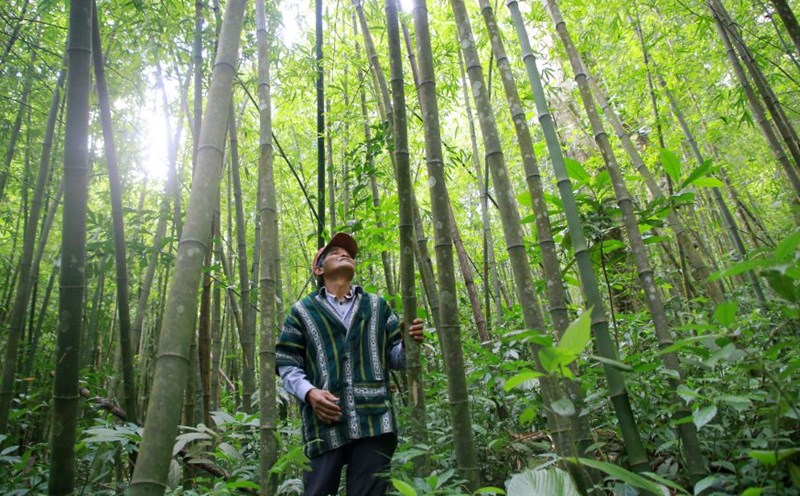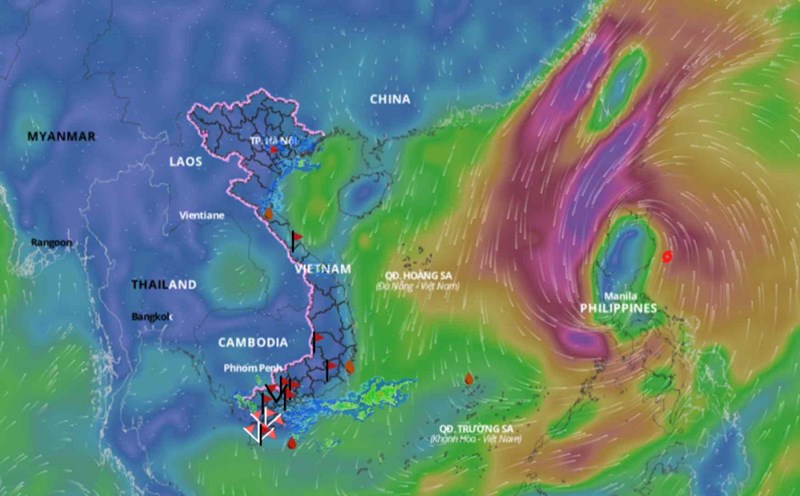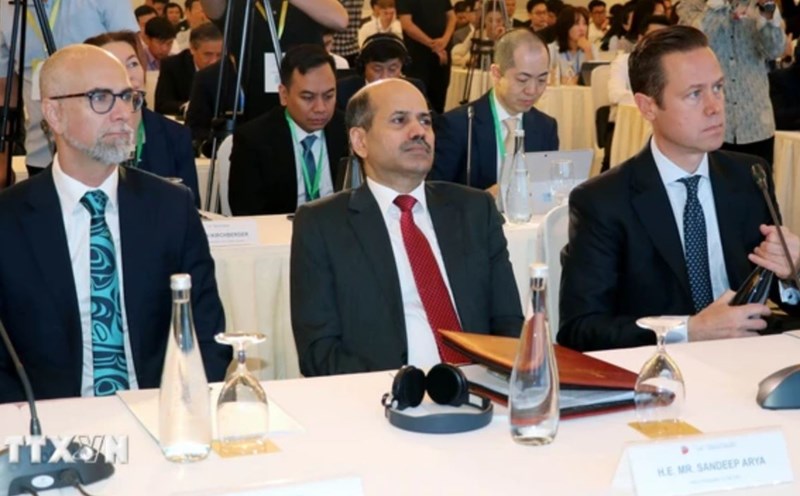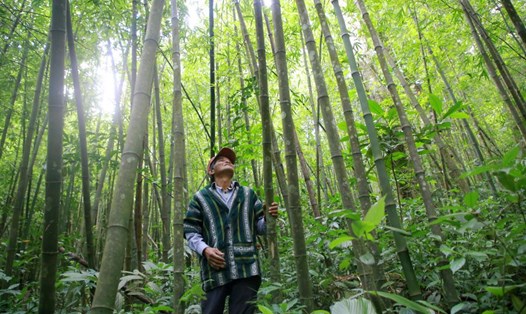A market with many benefits
Currently, there are 58 countries in the world that have developed carbon markets, 27 countries that apply carbon taxes, and some countries that apply both. These countries have built carbon credit trading floors and have had many transactions, bringing in huge revenues, creating a trend for countries that have not yet participated in the carbon market.
The benefits of carbon trading extend beyond reducing greenhouse gas emissions to delivering a range of benefits to local communities where projects are implemented. Carbon markets provide a financial channel to support global emissions reduction or removal activities that would otherwise not be undertaken due to a lack of policy and economic incentives.
This accelerates climate action and raises global climate ambition by unlocking cost-effective mitigation activities to deliver the Paris Agreement goals.
Carbon credits also provide multiple co-benefits to local communities such as sustainable development through green job creation, sustainable energy, environmental and biodiversity protection, as well as climate change adaptation and resilience.
Trends around the world
First, there is the European market with the EU Emissions Trading System (EU ETS). This exchange helps EU member states limit or reduce greenhouse gas emissions by allowing participants to buy or sell emissions allowances.
From October 2023, the 27 EU member states have started to impose a carbon tax on six types of imported goods with high pollution risk from outside: iron and steel, cement, fertilizers, aluminum, electricity and hydrogen. Importers will have to report the emissions in imported goods, if these emissions exceed EU standards, they will have to buy "carbon credits" at the current carbon price in the EU.
In the United States, the California Cap-and-Trade Program, part of the Western Climate Initiative, which also includes several Canadian provinces, is a prime example of using carbon markets to manage and reduce greenhouse gas emissions.
In Asia, Japan also launched its "J-credits" carbon credit trading platform on October 11, 2023 on the Tokyo Stock Exchange. Initially, 188 Japanese companies and organizations will participate in the purchase and sale of carbon credits verified by the government through the use of renewable energy and forest management. China also began testing its national carbon credit trading system in 2021, with plans to expand the scale in the future.
This shows China's seriousness in controlling and reducing greenhouse gas emissions. Kazakhstan also established its national emissions trading system in 2013. Meanwhile, New Zealand started its national carbon credit trading system in 2008.
Carbon trading platforms are also available in many Southeast Asian countries. The Singapore Stock Exchange was established in May 2021, with the participation of Singapore government investment fund Temasek, DBS Bank and Standard Chartered. They announced the establishment of the voluntary carbon market CIX, facilitating the trading of high-quality carbon credits from old-growth forests that have a positive impact on air quality through standardized contracts. On the first day of CIX's launch, 12,000 tons of CO2 were bought/sold at an average price of 5.36 USD per ton.
Singapore Airlines (SIA) has also trialled a carbon certification scheme using sustainable aviation fuel in 2022. Emissions will be broken down, and businesses flying with SIA will be certified for their emissions reduction efforts, which they can disclose to investors.
The BCX carbon credit exchange under Malaysia's Bursa Malaysia stock exchange is set to launch in 2022. The Indonesian stock exchange IDX is also set to launch a carbon credit exchange in 2023, as coal-dependent Indonesia seeks to mobilize resources to reduce emissions.











